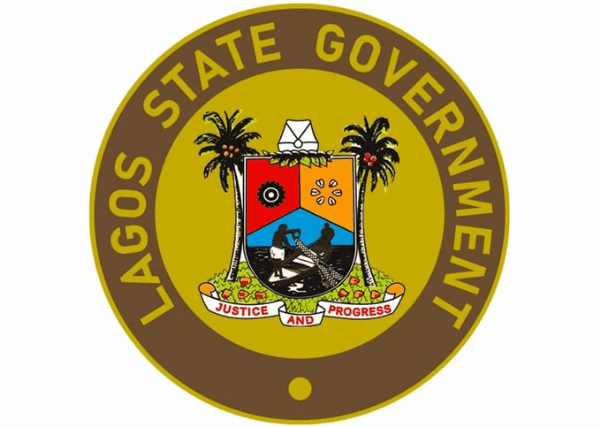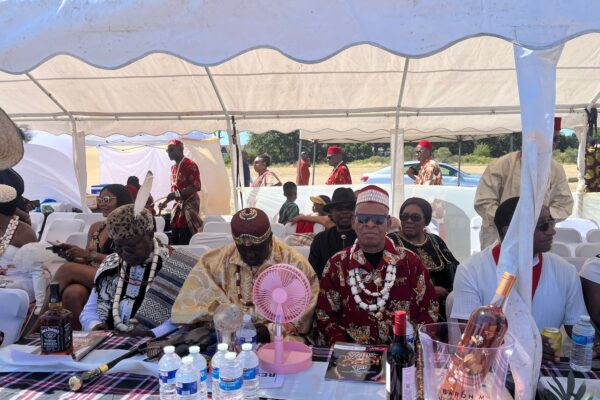Lagos State Government, in collaboration with United Nations Fund for Population Activities (UNFPA), is set to pioneer the guidelines for menstrual hygiene management in Nigeria.
The Director, Family Health and Nutrition, Lagos State Ministry of Education, Dr. (Mrs) Folashayo Oludara, disclosed this at a two-day workshop on Development of Guidelines for Menstrual Hygiene Management held recently at the Lagos Chamber of Commerce & Industry (LCCI), Alausa, Ikeja.
She explained that the workshop, organised by the Ministry of Health, was a follow-up to the Y2021 study on Menstrual Hygiene Management amongst girls in Public Schools in Lagos, which revealed that 55.4% of the sample population lack adequate information on Menstrual Hygiene Management.
Dr. Oludara stated that the aim of the event was to generate guidelines on menstrual health management as a means of addressing physical, emotional, psychological and financial challenges, as well as threats to menstrual health and hygiene of adolescent girls in Lagos State and Nigeria.
She pointed out that the State Government had earlier embarked on various activities designed to promote menstrual health and hygiene in Lagos.
Her words: “The Ministry has organised health talks and distributed sanitary pads in various junior and senior secondary schools in Lagos. It commemorated the World Menstrual Hygiene Day, on 28th May, 2022 at some schools and Ikorodu Youth Hub for out-of-school youths. There are other activities ongoing and we hope to reach all menstruating girls across the State with adequate information”.
Mrs. Oludara, therefore, enjoined participants and stakeholders present at the event to come up with specific, measurable, achievable, realistic and sustainable guidelines for the management of menstrual hygiene in Nigeria.
Earlier, Dr. Amaka Haruna, a representative of UNFPA, acknowledged the efforts of the Lagos State Government in spearheading the development of guidelines for Menstrual Hygiene Management, which will be the first in Nigeria.
She said: “At the national level, there are no menstrual hygiene guidelines, but some countries like India and South Africa have something going including how to guide a girl when she starts her menstrual period as well as introduce her to the reproductive cycle. This is the beginning and introduction of adolescent to sexual reproductive health”.
Haruna explained that the initial study and findings on menstrual hygiene needs of girls in Lagos and Southwest States did not comprehensively address the issues, stressing that there are a lot of ways to standardise the process in terms of supporting young girls when they experience their menstrual periods.
Dr. Toriola Femi-Adebayo, a Community Health and Primary Healthcare Consultant from the Lagos State University Teaching Hospital (LASUTH) enlightened participants on the study conducted in Y2021, especially on some important key points to note in the course of formulating the guidelines.
She stated that the workshop was organised to address the needs of adolescent girls as well as bridge the information gaps on menstruation, good menstrual hygiene practices as well as guidelines that enable a safe, private and clean environment for the duration of the menstrual period.
“Menstrual hygiene is the practice of using clean materials to absorb menstrual blood that can be changed privately, safely and hygienically as often as necessary for the duration of the menstrual period. These include regular change of clothing and underwear, change of hygienic pads every three to four hours, daily showering especially in instances of menorrhagia, adequate washing of the genitalia after each voiding of urine or faeces as well as continuing normal routine and daily activities while maintaining a balanced diet with plenty of fruits and vegetables rich in iron and calcium”, Dr. Femi-Adebayo said.
Officials from various Ministries, Department and Agencies, UNFPA, UNYPP, DAI, YAC, UNICEF, Action Health Incorporated, Private Sector Organisations, adolescent girls and other stakeholders brainstormed on several ideas and lines of action towards achieving effective Menstrual Health Management in Lagos.
—————————————————————————————————————————————
Your help to our media platform will support the delivery of the independent journalism and broadcast the world needs. Support us by making any contribution. Your donation and support allows us to be completely focus, deeply investigative and independent. It also affords us the opportunity to produce more programmes online which is a platform universally utilised.
Thank you.
Please click link to make – DONATION










